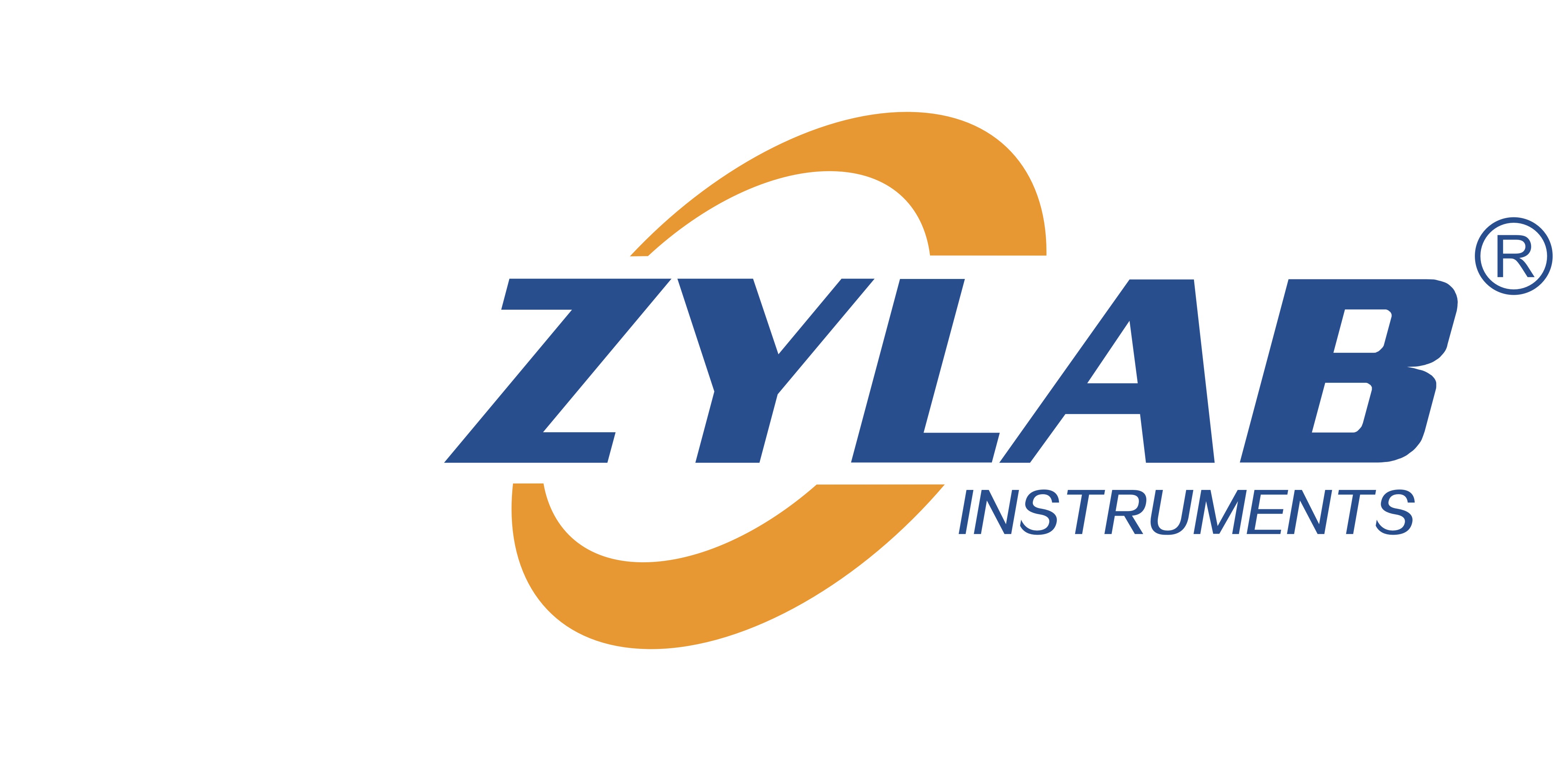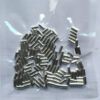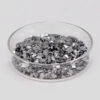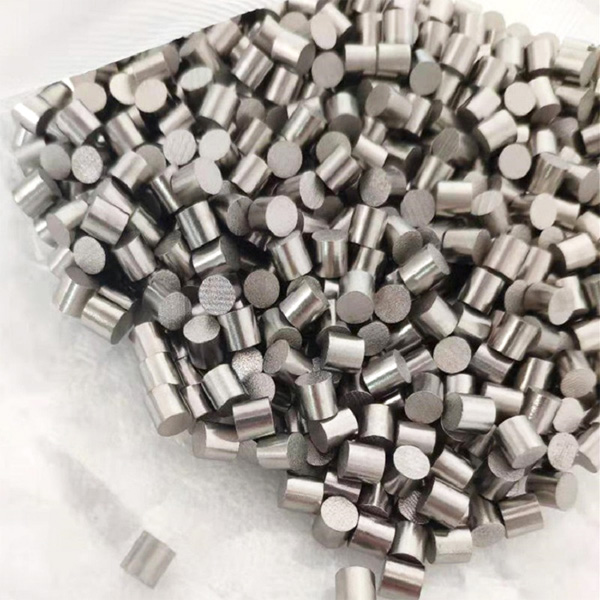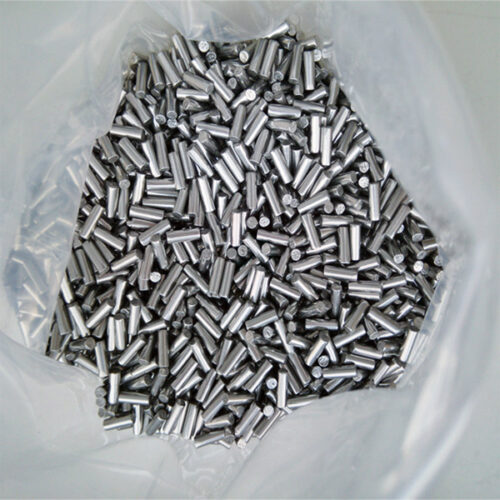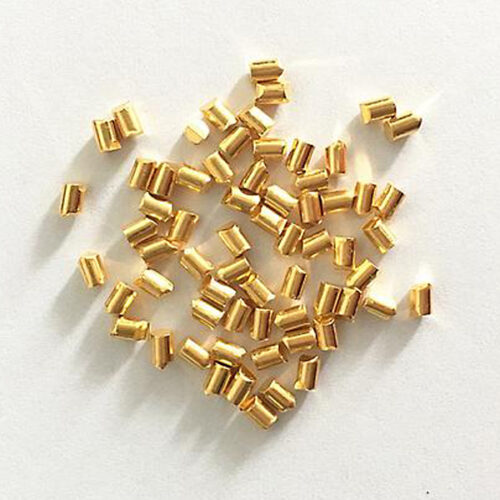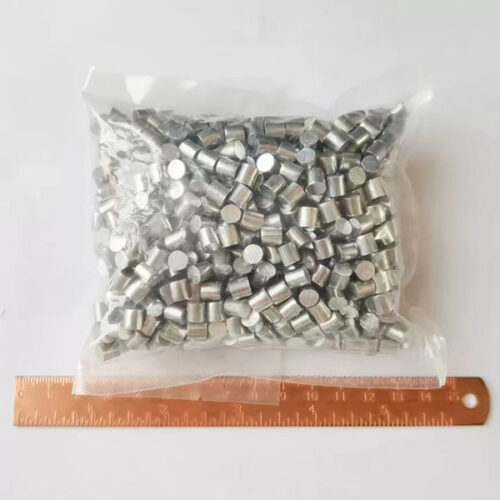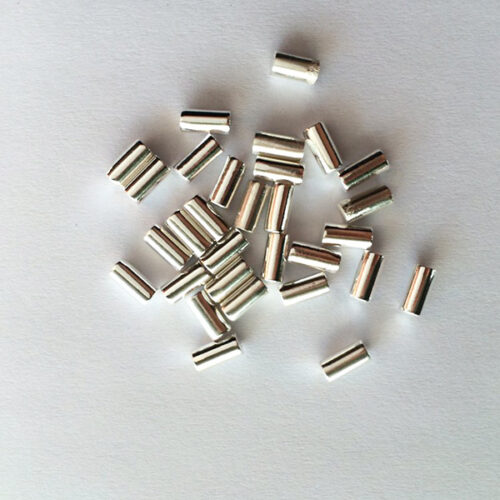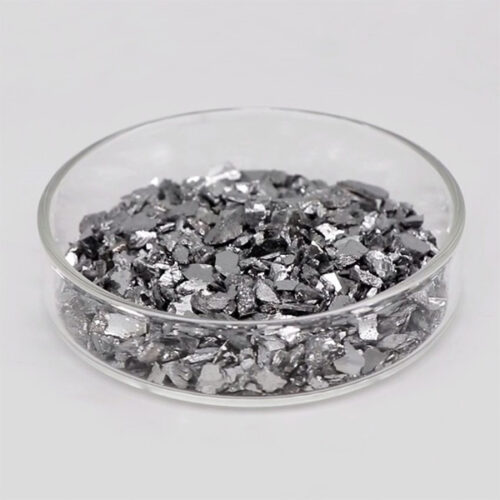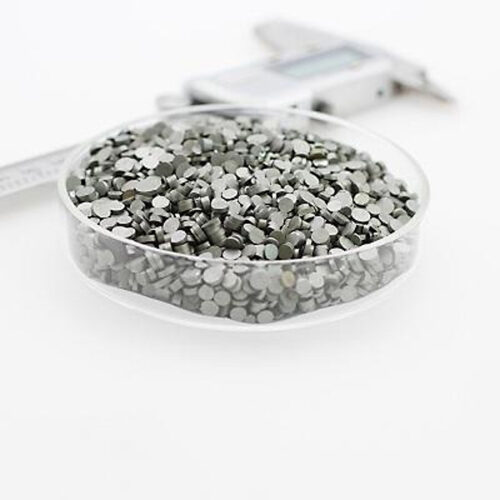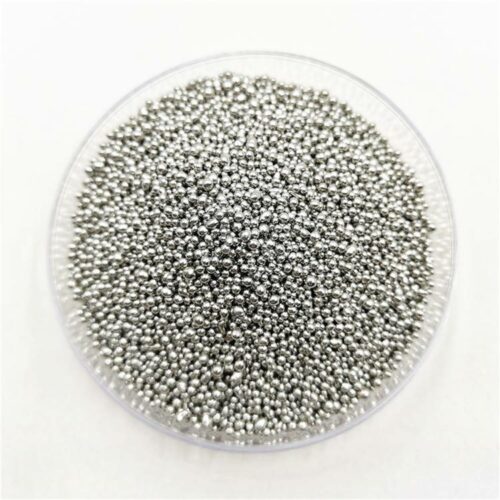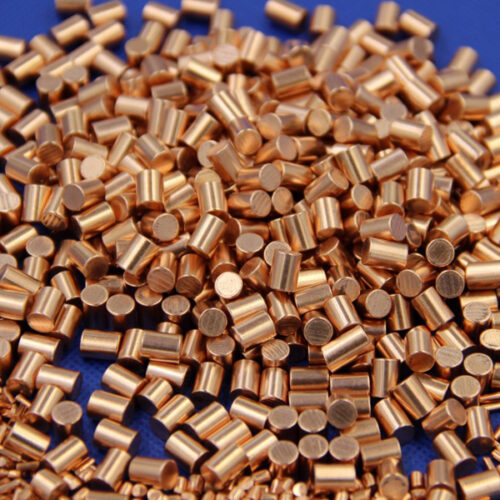3N5 (99.95%) Cobalt (Co) Pellets Evaporation Materials
Introduction:
Cobalt evaporation materials are solid substances primarily composed of cobalt specifically engineered for use in thermal evaporation processes. These materials typically come in various forms such as pellets, rods, wires, or sheets, suitable for vaporization in vacuum environments.
During the thermal evaporation process, the solid cobalt material is heated to its vaporization temperature, causing it to transition directly from a solid to a vapor state. The vaporized cobalt then condenses onto a substrate surface, forming thin films or coatings with desired properties.
Cobalt evaporation materials find applications in various industries due to cobalt’s unique properties, such as high magnetic permeability, excellent corrosion resistance, and high-temperature stability. They are commonly used in thin film deposition processes for magnetic recording media, magnetic sensors, and various electronic devices.
Properties of Cobalt Evaporation Materials:
1. Density and Melting Point
Density: Cobalt boasts a density of 8.9 g/cc, contributing to its substantial mass and stability in various applications.
Melting Point: With a melting point of 1,495°C, cobalt exhibits high-temperature stability, making it suitable for use in thermal processes.
2. Ferromagnetism
Ferromagnetic Nature: Cobalt is characteristically ferromagnetic, possessing strong magnetic properties that make it ideal for applications in magnetic storage media and magnetic sensors.
Magnetic Permeability: Cobalt’s high magnetic permeability enhances its performance in magnetic applications, enabling efficient data storage and sensing capabilities.
3. Blue Pigment
Popular Blue Pigment: Cobalt finds widespread use as a blue pigment in paints, jewelry, and glass, adding vibrant color and aesthetic appeal to various products.
Color Stability: Cobalt-based pigments exhibit excellent color stability and resistance to fading, ensuring long-lasting vibrancy in finished goods.
4. Alloying
Alloying Agent: Cobalt is often alloyed with other metals to enhance their mechanical properties and performance characteristics.
Applications in Engineering: Cobalt alloys are utilized in the production of engine parts, cutting tools, and high-performance components in aerospace and automotive industries.
Applications:
1. Magnetic Storage Media
Cobalt evaporation materials serve as a crucial component in the production of magnetic storage media, including hard disk drives (HDDs) and magnetic tapes.
Cobalt thin films deposited via evaporation processes facilitate data recording and retrieval, ensuring high-density storage and reliable data retention.
2. Battery Fabrication
Cobalt serves as a transitional layer in battery fabrication processes, particularly in lithium-ion batteries, where it enhances electrode performance and stability.
Cobalt evaporation materials enable precise deposition of thin films or coatings on battery electrodes, optimizing energy storage capacity and cycle life.
3. Magnetic Sensors
Cobalt’s ferromagnetic properties make it suitable for use in magnetic sensors, such as magnetoresistive sensors and magnetic field detectors.
Cobalt thin films deposited using evaporation techniques provide sensitive and reliable sensing capabilities, supporting various applications in automotive, aerospace, and consumer electronics.
4. Decorative Coatings
Cobalt evaporation materials are utilized in the deposition of decorative coatings on various substrates, including metals, ceramics, and plastics.
Cobalt-based coatings add aesthetic appeal, corrosion resistance, and durability to consumer products, architectural elements, and industrial components.
Specification:
Our standard size is 3mm Diameter x 3mm Length, and other specifications are also available.Please consult our professional customer service personnel for detailed information.
Our standard packaging sizes include 50 grams, 100 grams, 250 grams, 500 grams, and 1000 grams.
ZYLAB offers a variety of crucibles for evaporation materials.
